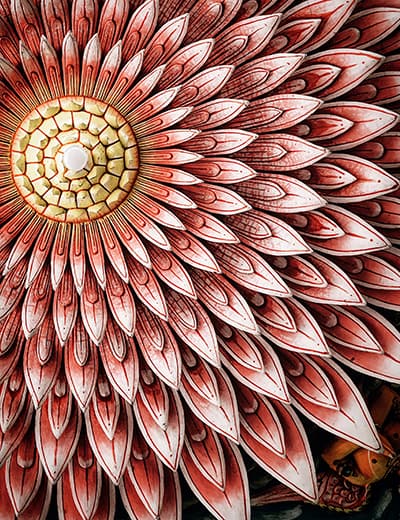In Jaipur, the polo tradition dates back to Raja Man Singh, King of Amber, who in the 16th century had taken a keen interest in ‘chaugan’ while staying in Akbar’s court.
NARRATIVES
POLO, THE GAME OF KINGS
North India
On the polo ground, two teams of four players on horseback rush in the direction of the wooden ball, jumping, flying, and whistling through the air. Often, only the coordinated movements of the skillful riders allow spectators to follow the course of the ball. For seven and a half minutes, the official time of the ‘chukker’, the eight men push their mounts to the highest levels of speed and ask them to react quickly: turn, stop, gallop.
It is only a friendly game, the players know each other very well as they all come from the Royal Jaipur Polo Club and practice for the first tournament of the season, taking place tomorrow. During the hot months of summer and the following rainy season, all activity ceases on Rajasthani polo grounds subjected to the vagaries of nature for almost half of the year. Players then travel the world and confront foreign friends in the United Kingdom, Brazil, Canada, France or Argentina. If Rajput warlords had a natural inclination for horse riding, trained from a very young age, today the active members of the Club come from more diverse backgrounds and a variety of religions and castes.
The history of polo goes back to Persia, possibly as early as the 6th century BC, where it was first used as a training game for cavalry troops and progressively became the prerogative of the nobles. From there, the game spread to the West toward the Arabic world and to the East to China and Japan. Mughal emperors introduced the practice of polo in India in the 13th century AD, however, it was not until the 1850s that the British codified the rules and formed the first polo club, spreading the game worldwide.
In Jaipur, the polo tradition dates back to Raja Man Singh, King of Amber, who in the 16th century had taken a keen interest in ‘chaugan’ while staying in Akbar’s court. Maharaja Sawai Jai Singh, three generations later, famous for shifting the capital from Amber to Jaipur, built a sophisticated polo field next to his palace, starting a long tradition of opening elaborate grounds to play the game. But it was Sawai Man Singh II, in the mid 20th century, who brought the Jaipur polo tradition to its climax as he became one of the most celebrated international players, reaching a level 9 handicap. He had received his polo training on the fields of Mayo College, the “Eton of the East”, as well as in the city of Jaipur. Man Singh II led the Royal Jaipur Polo team, then known as the ‘Jaipur Tigers’, through many victorious Indian and English tournaments throughout the 1930s, before reaching his top performance with the winning of the World Championship in Deauville in 1957. As described by his third wife Gayatri Devi in her memoir A Princess Remembers: “Polo occupied in India the place of football in England. In the thirties, Jai was a very popular hero. Whenever he would drive to a match, the police had to open the way for his car through the crowd. His admirers, by the thousands, would invade the polo ground to touch his feet as a sign of respect.”
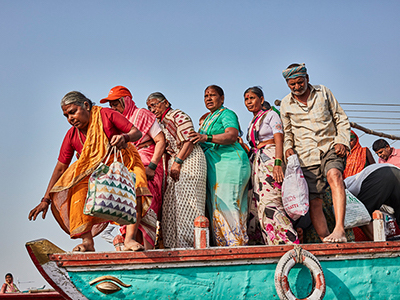
Through the Lens of Wanderlust
Earlier this year, Gentl and Hyers worked with us on a photography workshop as a part of their initiative, This is the Wanderlust...
Narrative • North India
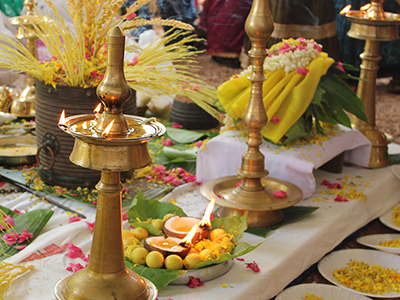
Unified by Fire
The thin line between private and public can be almost invisible in India as compared to other places in the world...
Narrative • South India
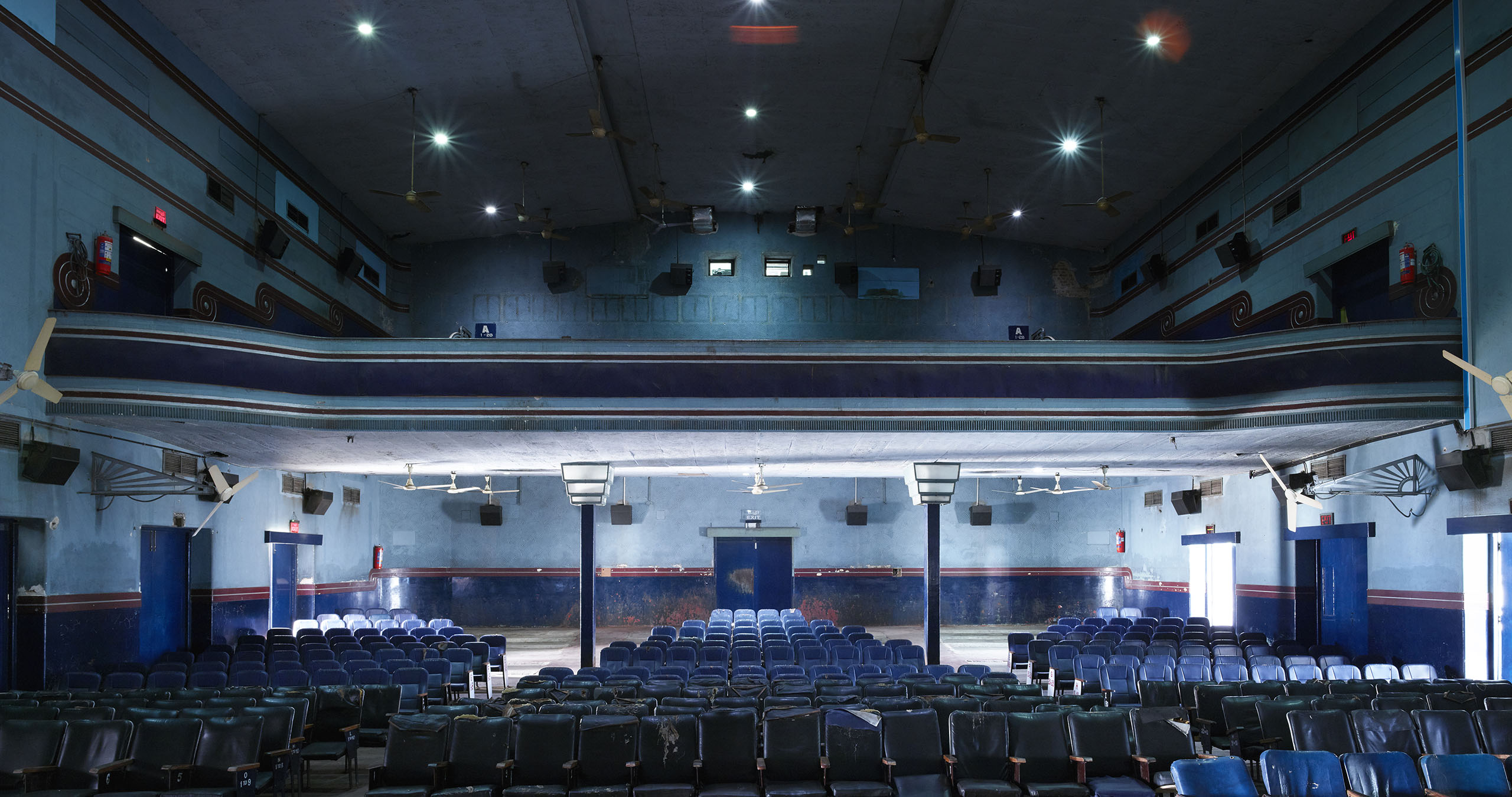
Cathedrals of Ecstasy
Retrace our steps with Hole & Corner as we explored the derelict performance spaces of Chennai and Madurai in the south...
Behind-The-Scenes • South India
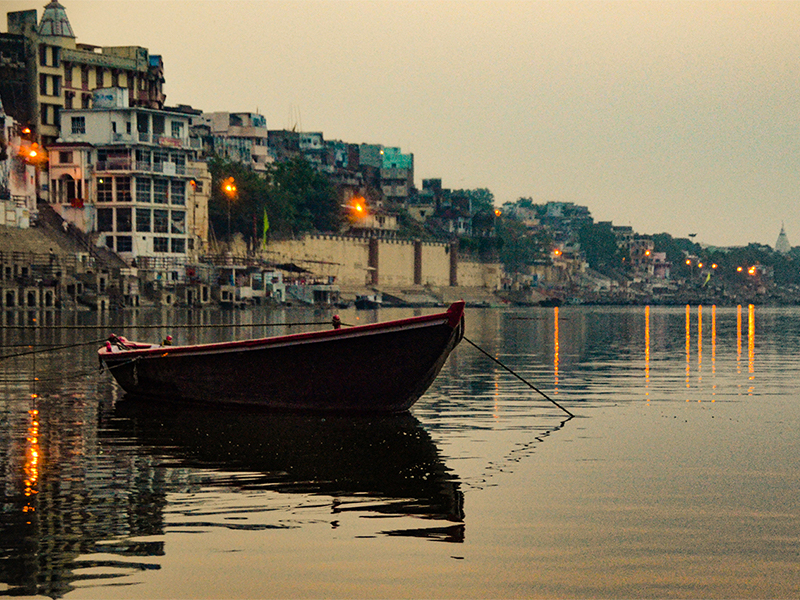
Daughter of the Mountains
A journey along the cities of the Indo-Gangetic Plains exploring the ways of life of its people as shaped by the river Ganges...
Bespoke Journey • North India
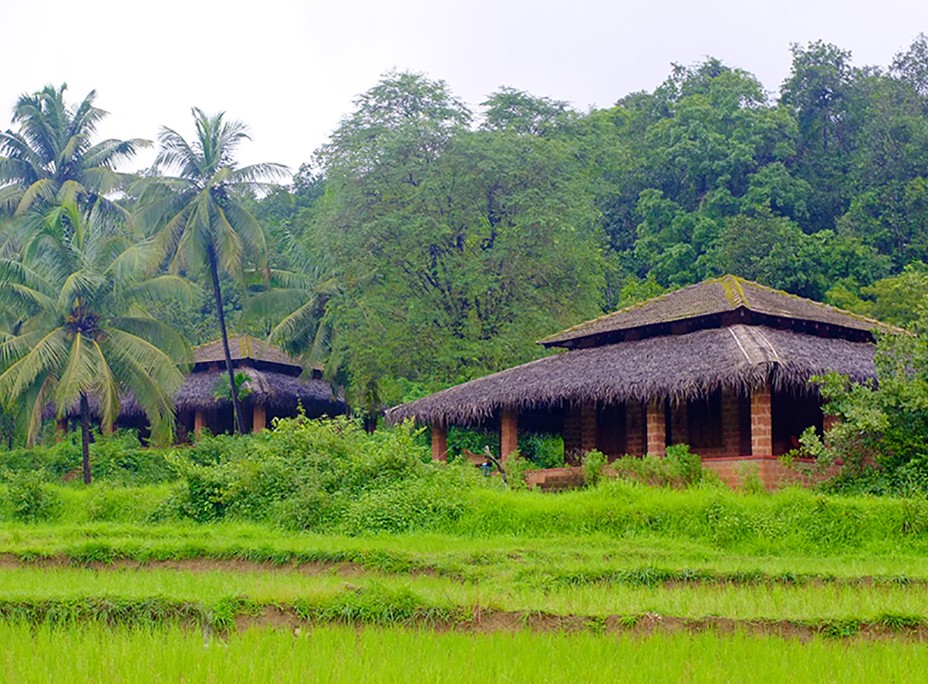
VanaVasa
VanaVasa is a Sanskrit word that translates to forest stay, which speaks volumes about this beautiful...
Hotel Guide • South India
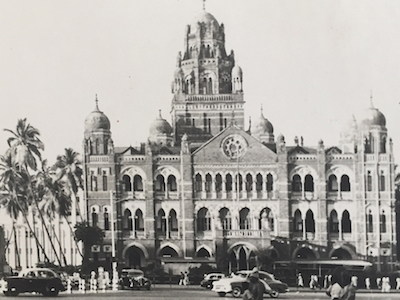
Circa. 1954
But also, they found his travel diary. My grandfather had very precious calligraphy, very 19the century, with all the letters...


